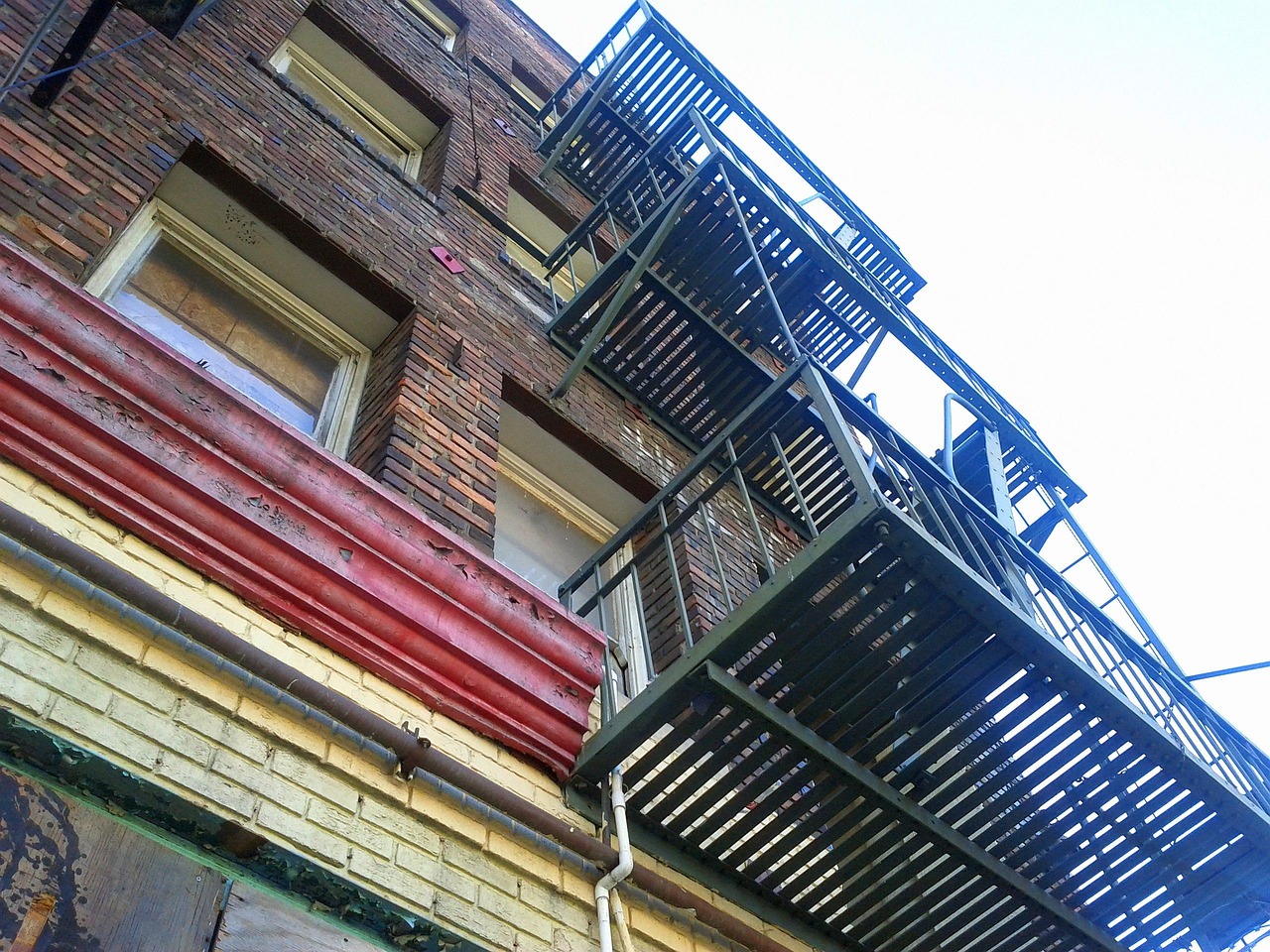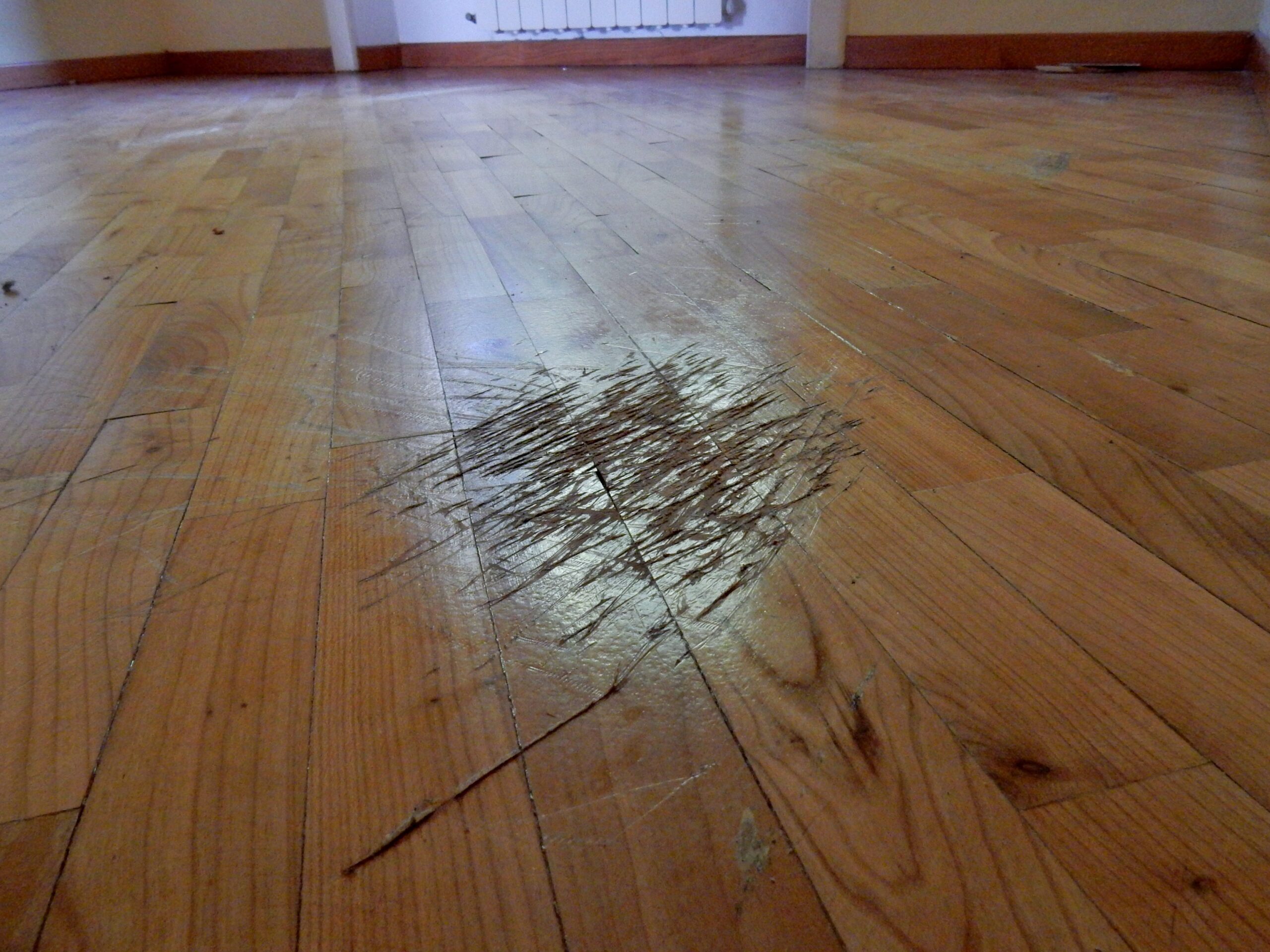Since 2025, the regulation affecting the marketing of online accommodation has been in force. This regulation establishes strict control over temporary rentals offered through online platforms by means of the Single Registry of Rentals.
1. Regulatory framework
This obligation is governed by:
- Royal Decree 1312/2024, of 23 December, which creates the Single Registry.
- Order VAU/1560/2025, of 22 December, which approves the information model and regulates its annual deposit in the Land Registry.
2. In which cases is the NRUA obligatory?
Reminder. The Unique Rental Registration Number (NRUA) is compulsory for managers or landlords who provide short-term rental services (holiday, work, study, etc.) through online platforms. If you do not use an online platform you should not have NRUA.
If you market your property on digital portals (Airbnb, Booking, etc.), you must have this number so that the platform can verify the legality of the advertisement.
3. Who must submit the declaration?
The responsibility for submitting the informative deposit to the Land Registry lies with the following parties:
- The registrant of the property (owner).
- Or whoever accredits the management of the property for rental (authorised managers or agencies). Check that your management contract includes the obligation of the manager to do so. We always advise you to do so, because the information of the Model is only available to the person who checks in and checks out.
4. Clarification on the unit of filing
A declaration is not filed for each registration number. The declaration is organised by registry property:
- Only one form is filed per Unique Registration Code (CRU) (finca or immovable).
- If a property has several associated NRUAs (e.g. separate room rentals), they are all declared together on the same information form for that property.
5. What information must be reported?
According to the annex of Order VAU/1560/2025, the form must include a list of all the leases initiated in the year with the following data:
| NRUA | Purpose (1) | Number of guests | Date of entry (dd/mm/yy) | Departure date (dd/mm/yy) (2) | No activity (3) |
| ☐ |
(1) Purpose: The purpose of the rental should be indicated by these codes: 1-Holiday or tourist, 2-Labour, 3-Studies, 4-Medical reasons, or 5-Other.
(2) Date of departure: If not filled in, it will be assumed that the rental is still in force.
(3) No activity: This box should be ticked if the NRUA has not had any tenancy during the reported year.
6. Consequences of Non-Compliance: Revocation and Penalties
Failure to submit the informative deposit by the deadline of February 2026 with the 2025 data leads to:
- Automatic revocation of the NRUA: The registrar will withdraw the number and communicate it to the Digital One-Stop-Shop, which will cause the platforms to remove the advertisement immediately.
- Financial Penalties: Operating or advertising without a valid registration after revocation is a serious infringement. Regional fines can range from €3,000 to €600,000.
7. Timetable and Procedure
- Deadline 2026: 1 February to 2 March.
- Form: Telematically via the N2 application of the Spanish Registrars.
Should you need our assistance feel free to connect and we can help you filing your duties










